The challenges we face from climate change and the limited resources make it critical to design an energy policy that gives the highest return. With the increase in distribution of solar PV in India, an efficient and effective net metering policy has become the need of the hour.
Net Metering is a guideline in which consumers are compensated for the amount of green energy that has been fed back to the grid, to encourage the use of renewable sources. This structure calculates the difference of the units consumed from the grid and the units fed to the grid at the end of the billing period.
Hence a reduced electricity bill is achieved with the use of green energy. Net metering takes care of matching power supply and demand. Net metering effectively uses the grid as a huge battery which helps in managing and balancing the demand & supply matches. This allows residential solar energy generators to offset their energy consumption with solar energy production.
A bi-directional meter is used for net metering purpose. When solar equipment is producing more electricity than the home is using at the moment, the electric meter runs backwards. When the consumer is utilising more power than their solar system is producing, the electric meter runs forward.
At the end of the month a net power consumption bill is generated. If the solar energy produced is more than the total consumption for the month, the excess energy can either be credited for the next billing cycle or can be reimbursed at the rate provided by the state authority.
Net metering serves several benefits helping us make a difference to the environment. It stabilizes the demand with solar energy and provides energy independence & sustainability. It also controls energy costs and enhances the potential for monetary gain from your solar panel system.is a guideline in which consumers are compensated for the amount
As acknowledged, greener and fresher environment is the biggest aid one could have because of adopting solar energy techniques. However, complimenting it with additional monetary benefit is always a motivating factor for consumers to go solar.
There are certain challenges w.r.t. effective implementation of net metering in India. The tariff and net metering policies vary from state to state, making solar a viable option at one place and unviable at another. Unless the tariff is market-determined and not regulated, net metering cannot be implemented successfully.
Another issue which might be preventing the adoption of on-grid solar through net metering is frequent grid outages. Utility grids in India are highly unreliable in most of the places and suffer from regular shut-off, mostly because of load shedding. Solar PV inverters in such cases turn off the supply from the PV system and prevent the consumer from using solar power being generated.
Regulatory support from state bodies and improved grid reliability are therefore paramount for widespread adoption of solar systems under net metering in India. This will go a long way towards realizing the solar mission of 100 GW by 2022.




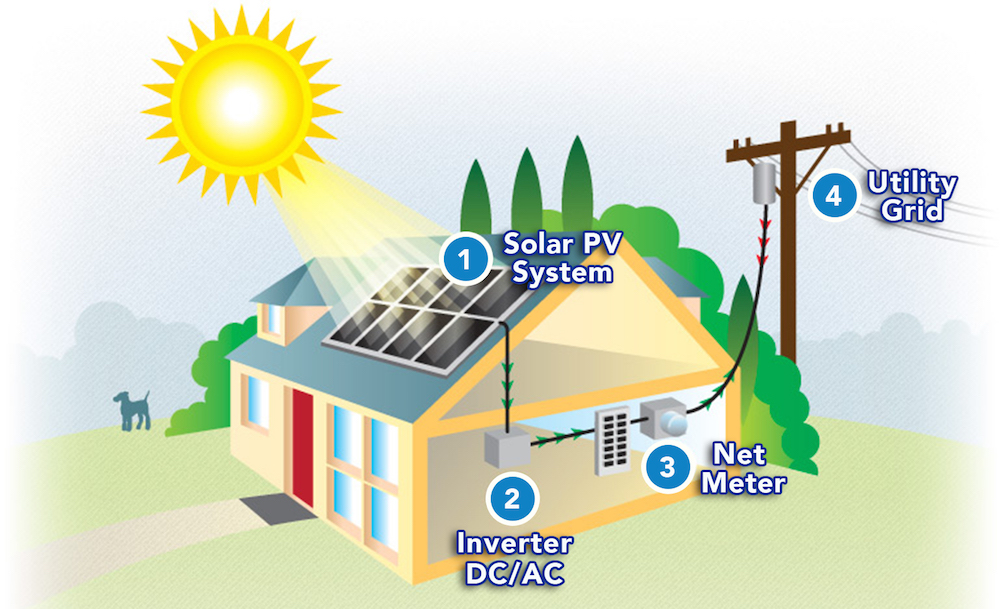
 Home Solar Panel System Price and...
Home Solar Panel System Price and... 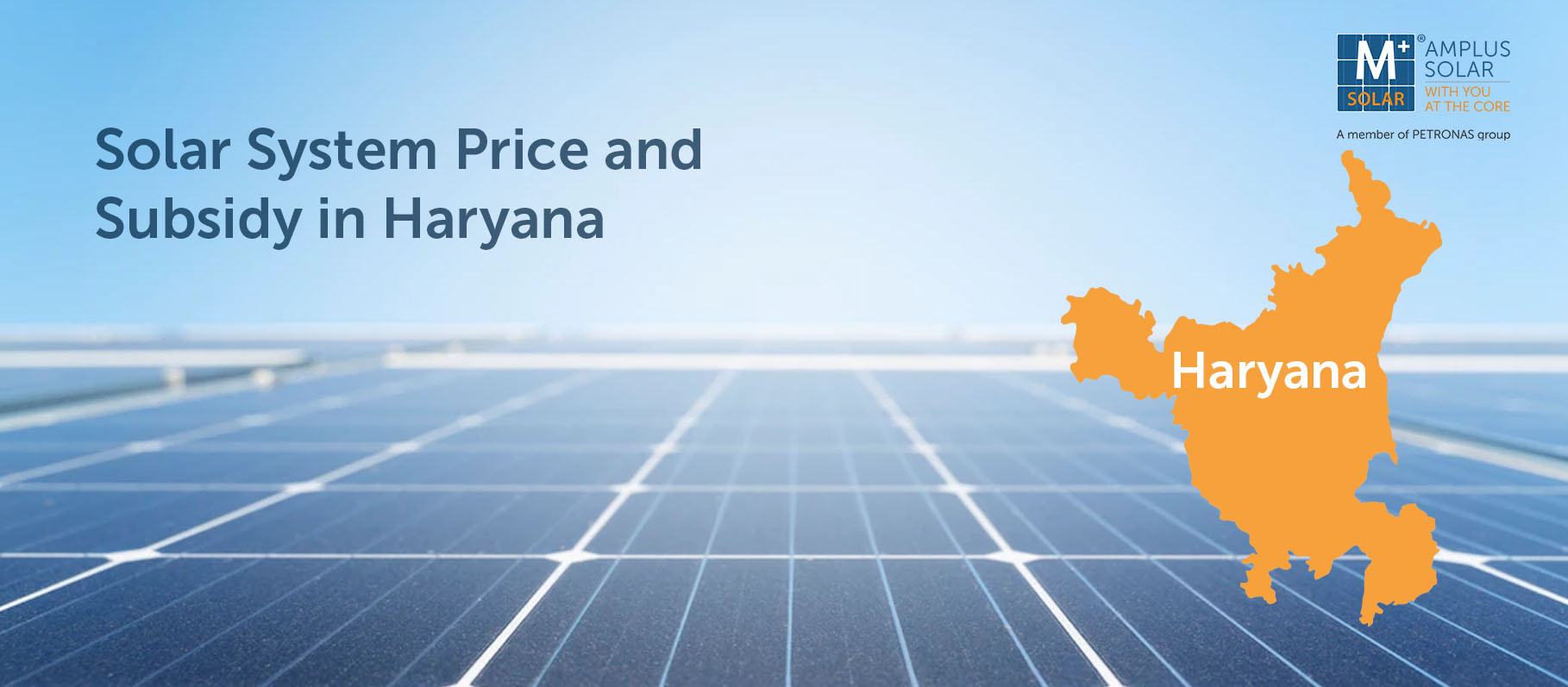 Complete Details About Solar System Price...
Complete Details About Solar System Price...  Home Solar Panel System Installation Cost...
Home Solar Panel System Installation Cost...  Solar System Price and Subsidy in...
Solar System Price and Subsidy in... 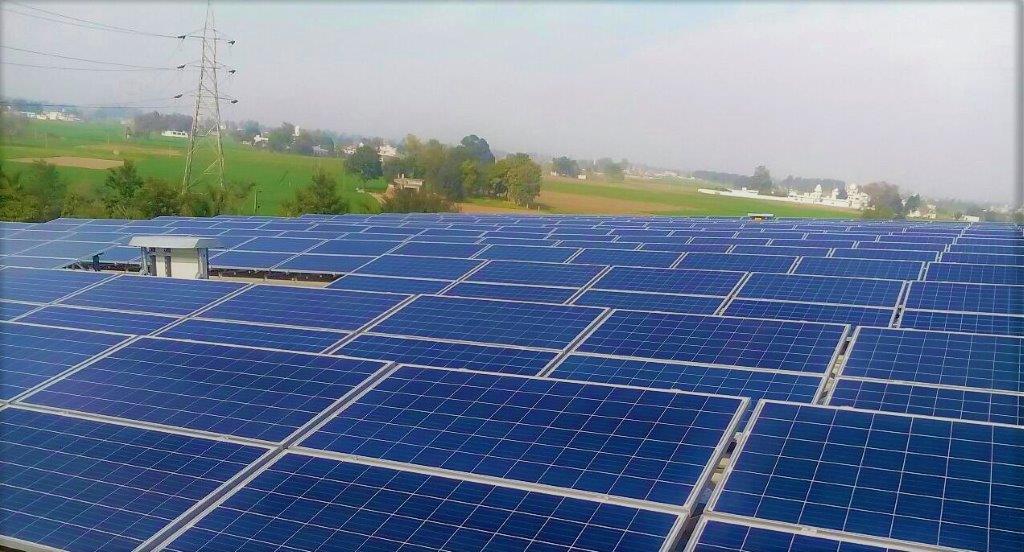 What Is Open Access in Power...
What Is Open Access in Power...  All About 1 MW Solar Power...
All About 1 MW Solar Power... 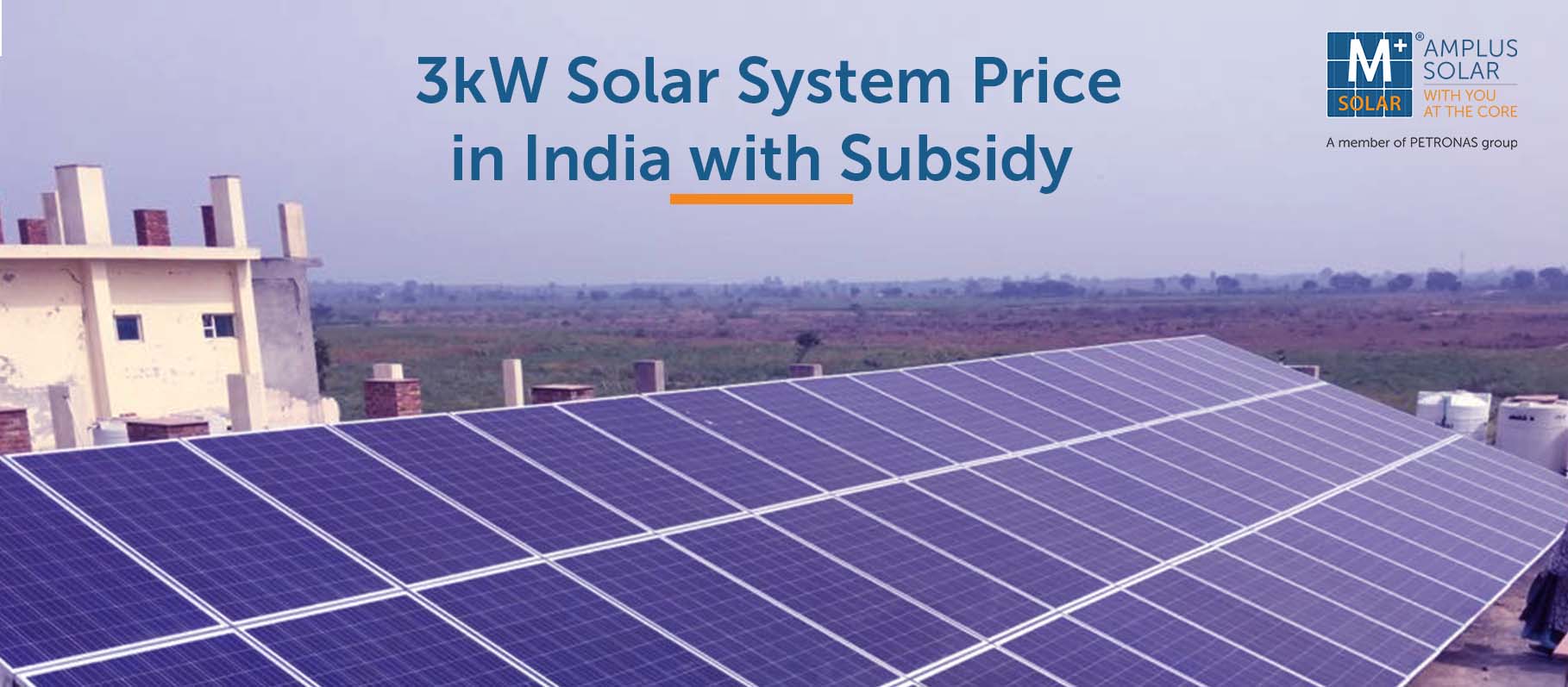 3kW Solar Panel System: Price in...
3kW Solar Panel System: Price in... 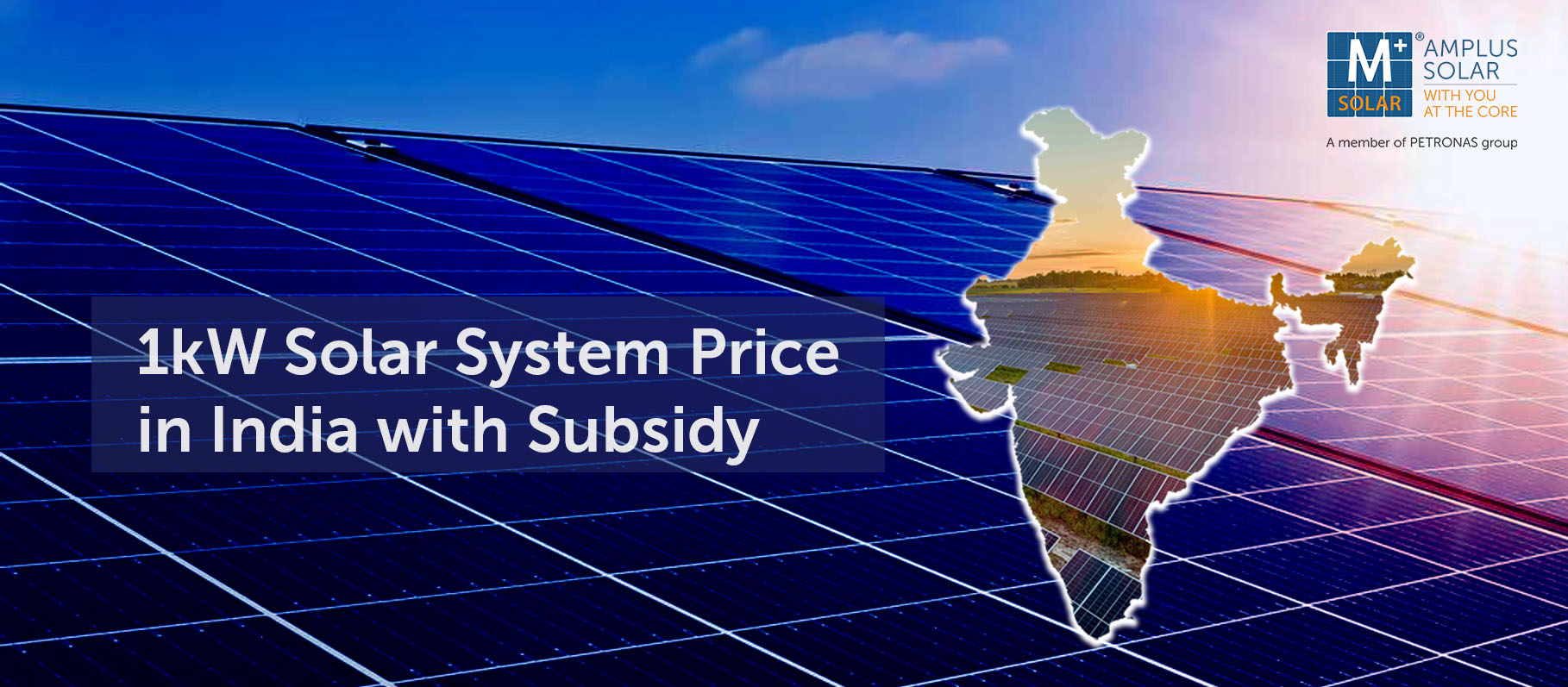 1kW Solar Panel System Price in...
1kW Solar Panel System Price in...  Complete Details About Solar System Price...
Complete Details About Solar System Price... 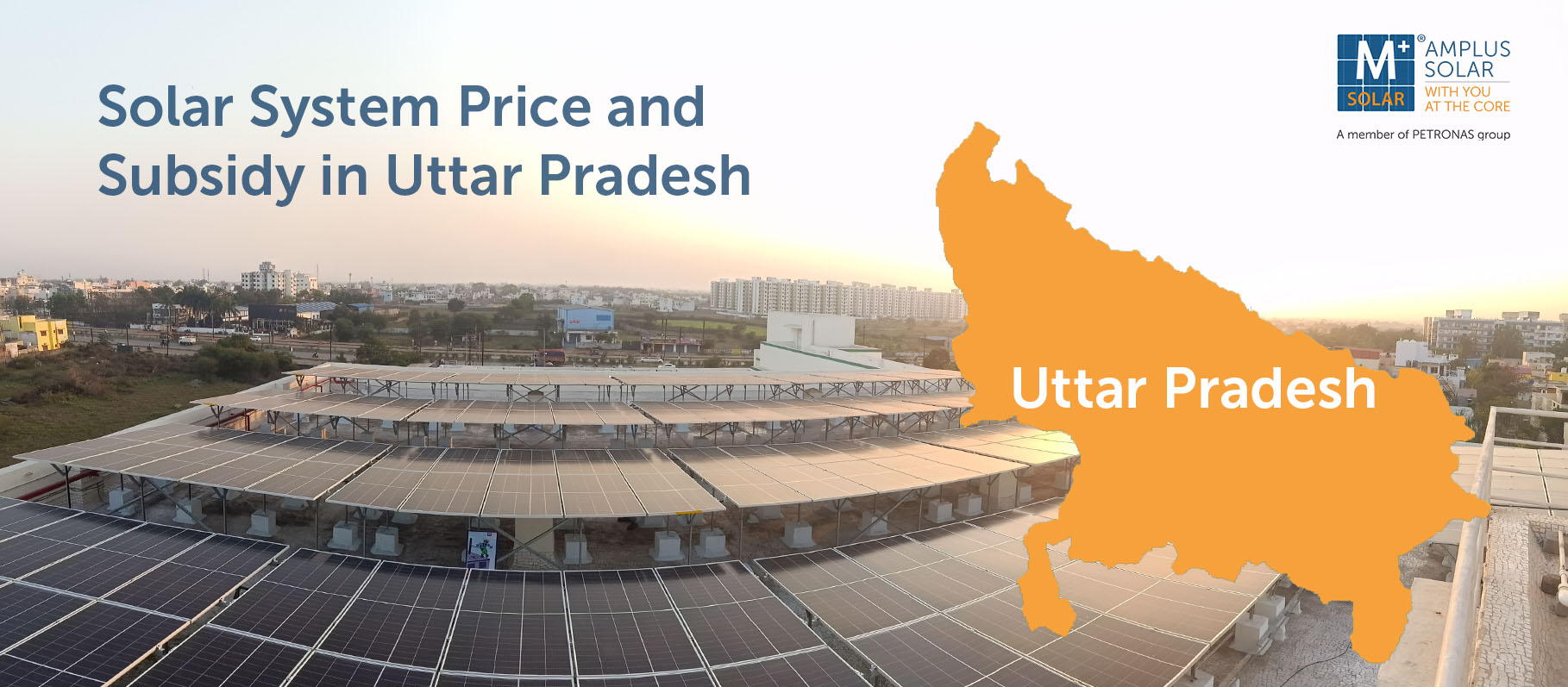 All About Solar System Price and...
All About Solar System Price and...  All About Solar Panel System Price...
All About Solar Panel System Price...  Know More About Solar Panel System...
Know More About Solar Panel System...  Solar System Price and Subsidy in...
Solar System Price and Subsidy in... 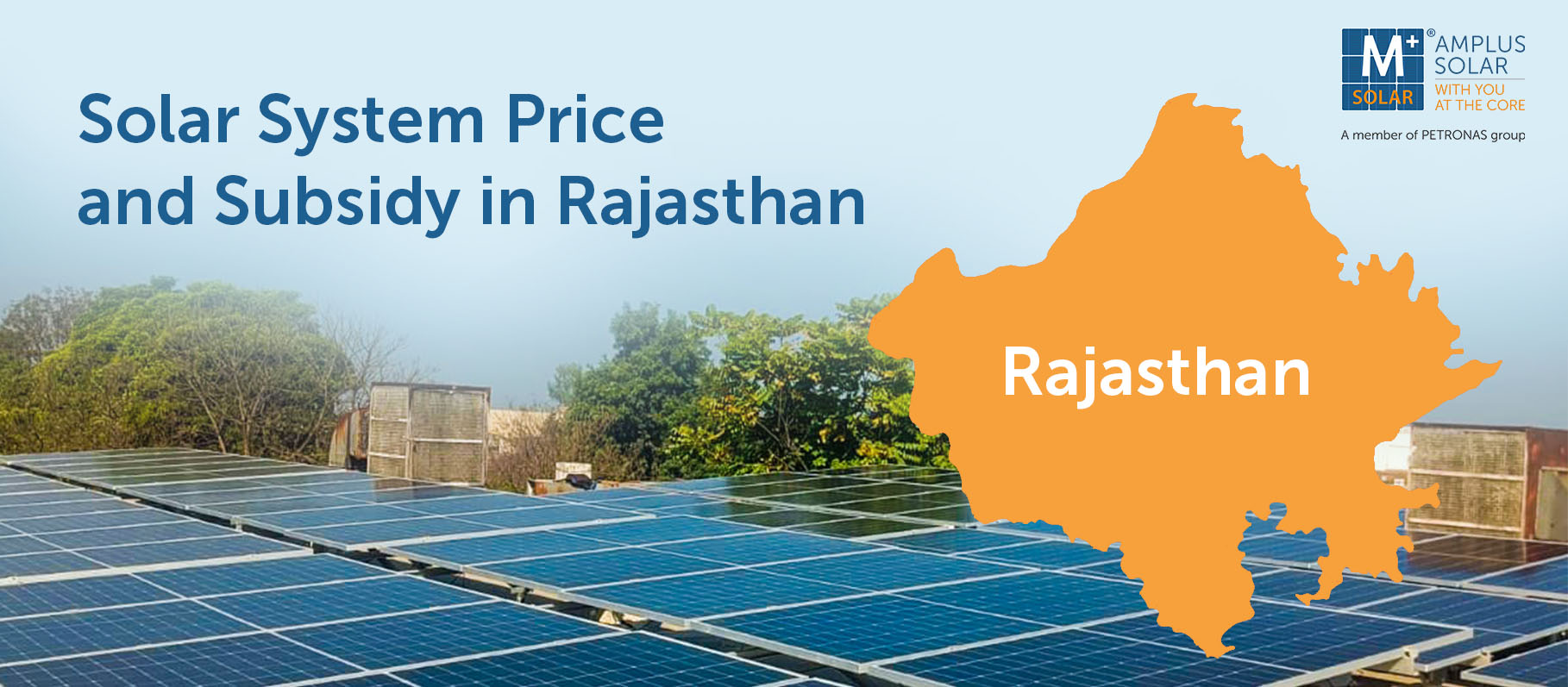 Know More About Solar System Price...
Know More About Solar System Price...  About 50kW Solar System: Price in...
About 50kW Solar System: Price in... 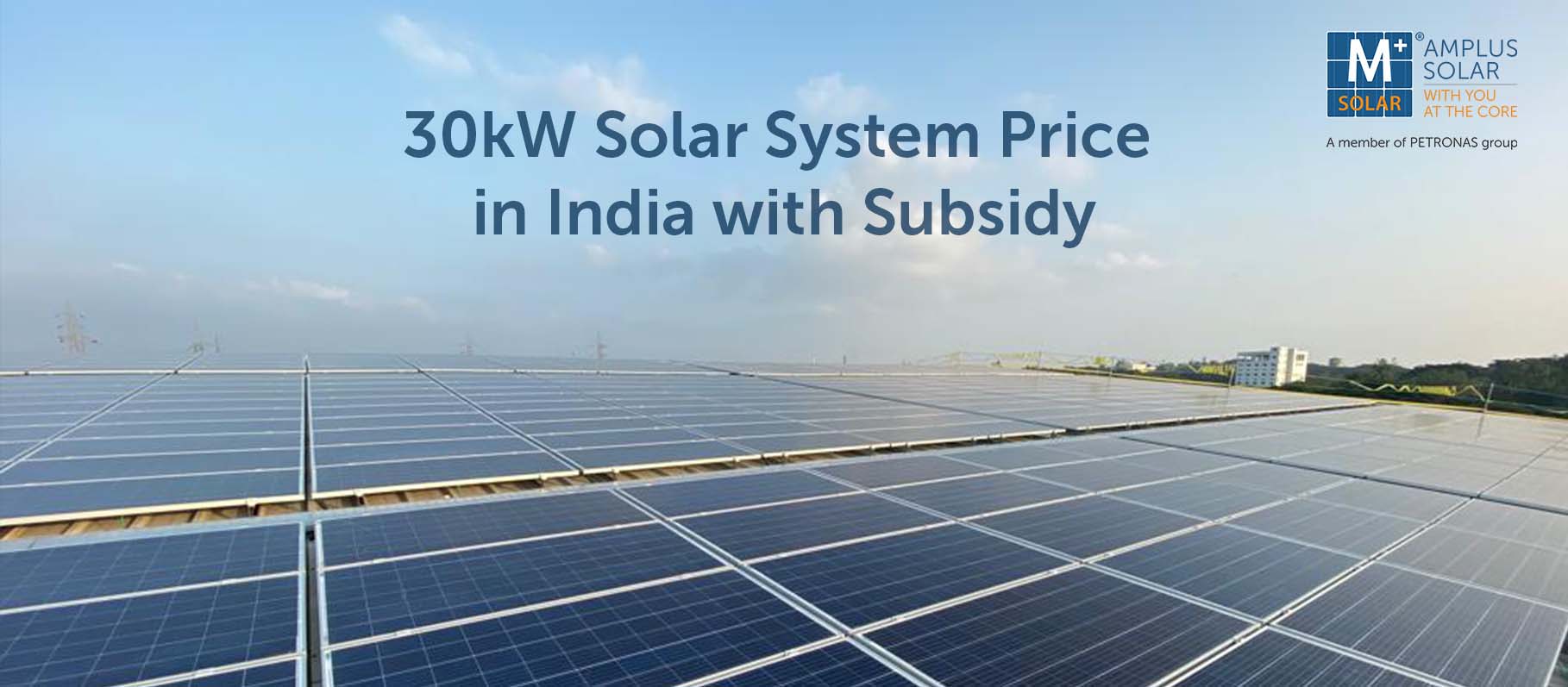 30kW Solar Panel System Price in...
30kW Solar Panel System Price in... 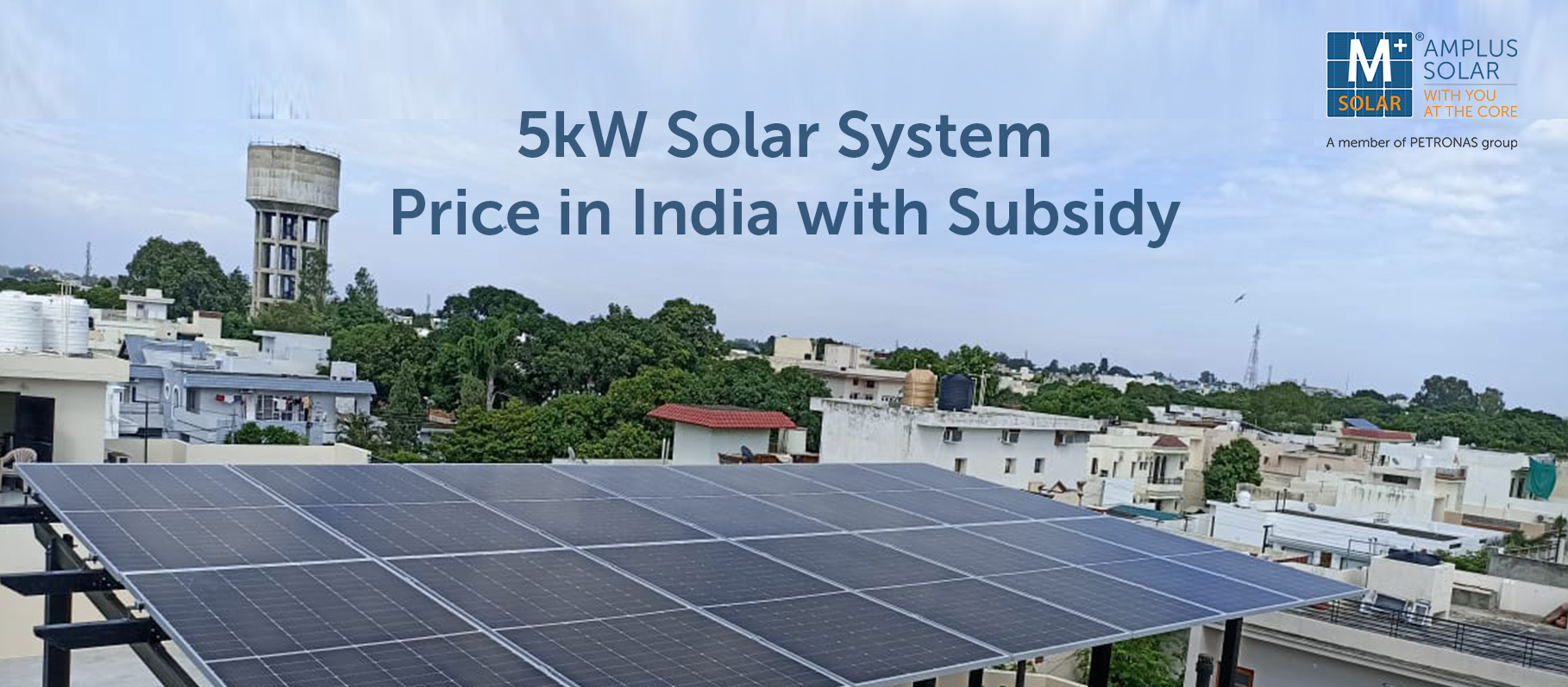 All About 5kW Solar System: Price,...
All About 5kW Solar System: Price,... 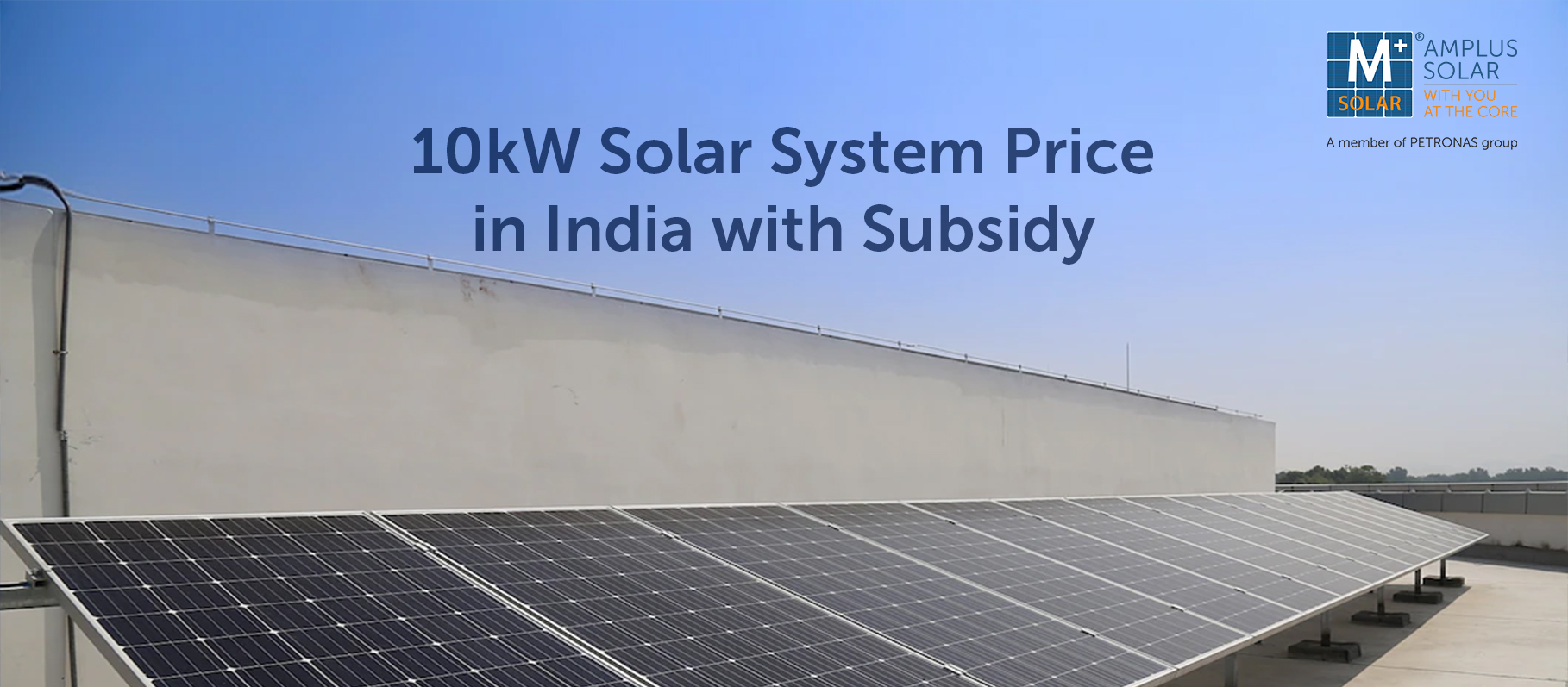 10kW Solar System Price in India...
10kW Solar System Price in India... 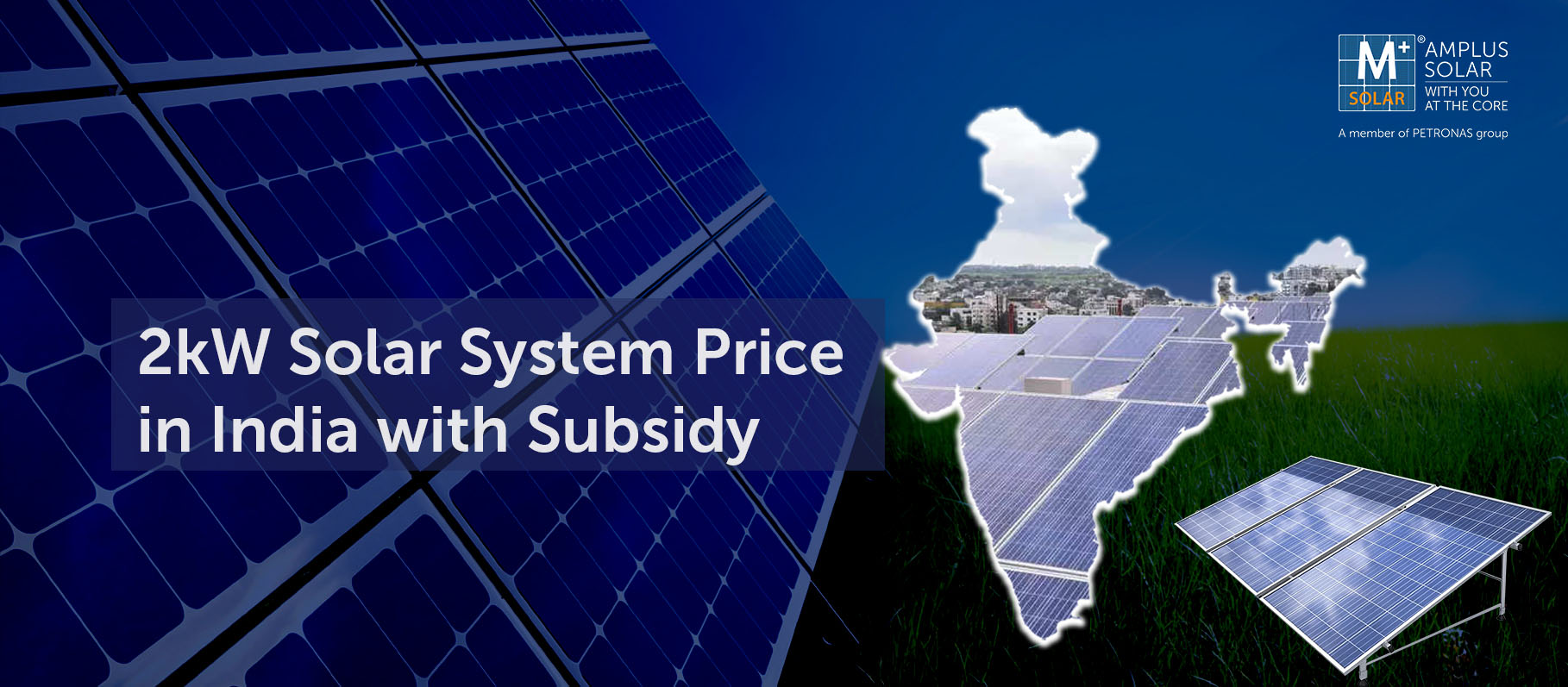 2kW Solar System Price in India...
2kW Solar System Price in India... 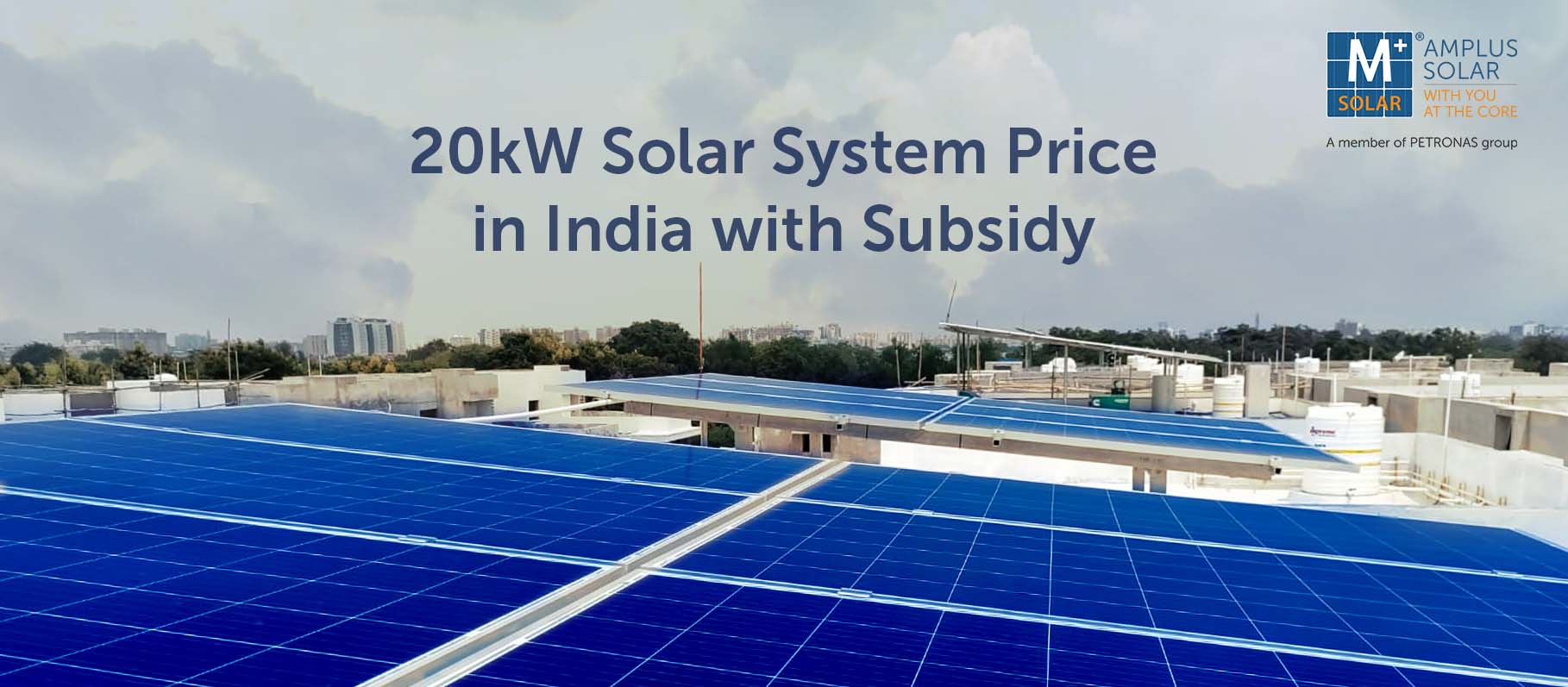 20kW Solar System Price in India...
20kW Solar System Price in India... 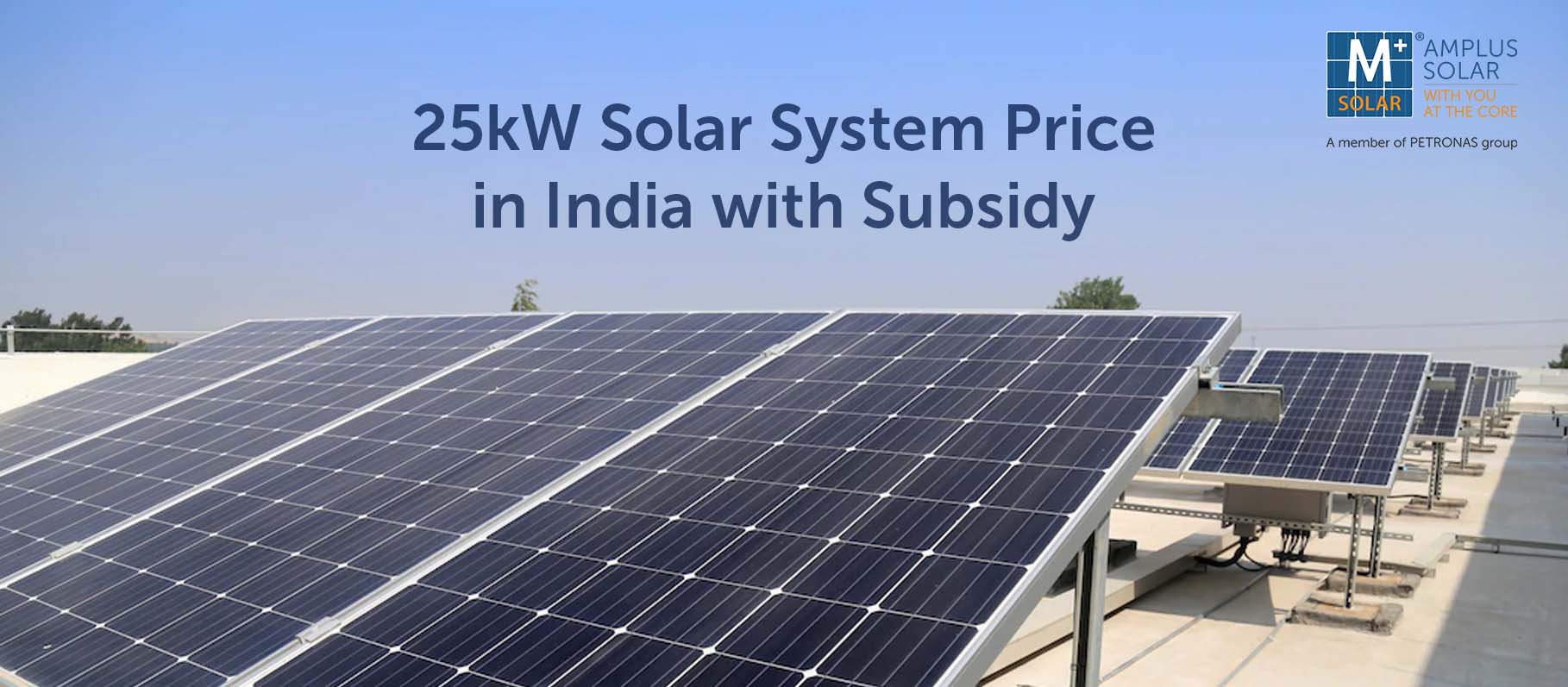 25kW Solar Panel System Price in...
25kW Solar Panel System Price in... 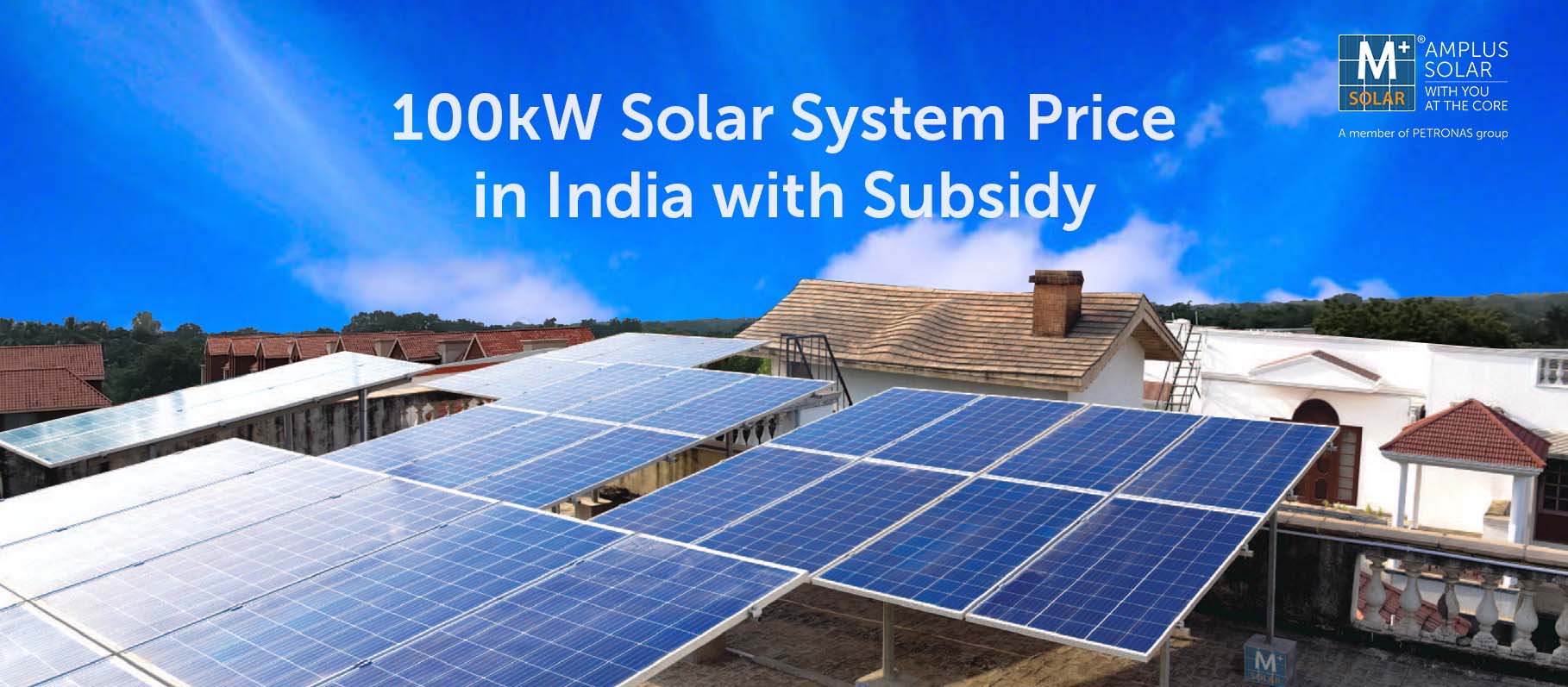 100kW Solar System Price in India...
100kW Solar System Price in India... 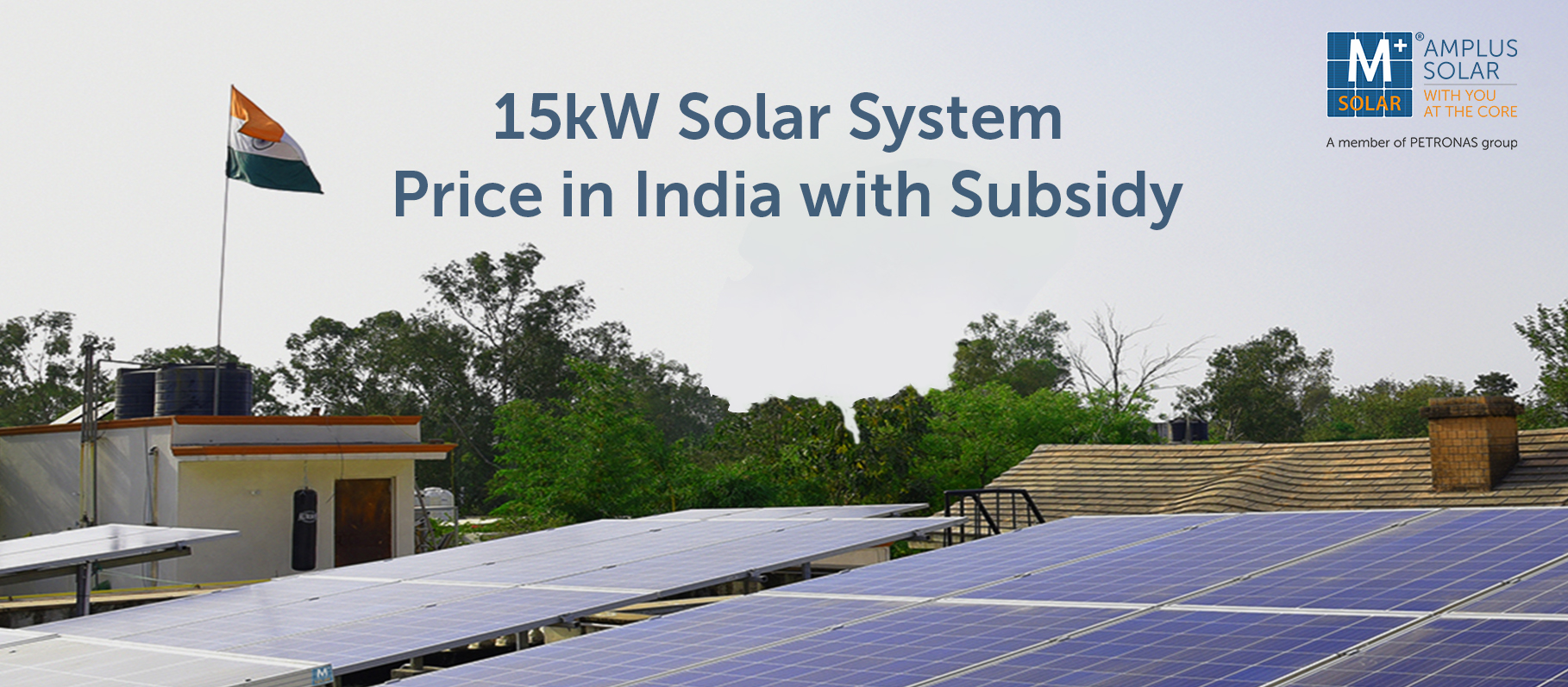 15 kW Solar System Price in...
15 kW Solar System Price in...  150 Watt Solar Panel Price in...
150 Watt Solar Panel Price in...  400 Watt Solar Panel Price in...
400 Watt Solar Panel Price in...  500 Watt Solar Panel Price in...
500 Watt Solar Panel Price in...  250 Watt Solar Panel Price in...
250 Watt Solar Panel Price in...  100 Watt Solar Panel Price in...
100 Watt Solar Panel Price in...  200 Watt Solar Panel Price in...
200 Watt Solar Panel Price in...  350 Watt Solar Panel Price in...
350 Watt Solar Panel Price in...  300 Watt Solar Panel Price in...
300 Watt Solar Panel Price in...  50 Watt Solar Panel Price in...
50 Watt Solar Panel Price in...  A Complete Guide To Bifacial Solar...
A Complete Guide To Bifacial Solar...  Complete Guide About Types of Solar...
Complete Guide About Types of Solar... 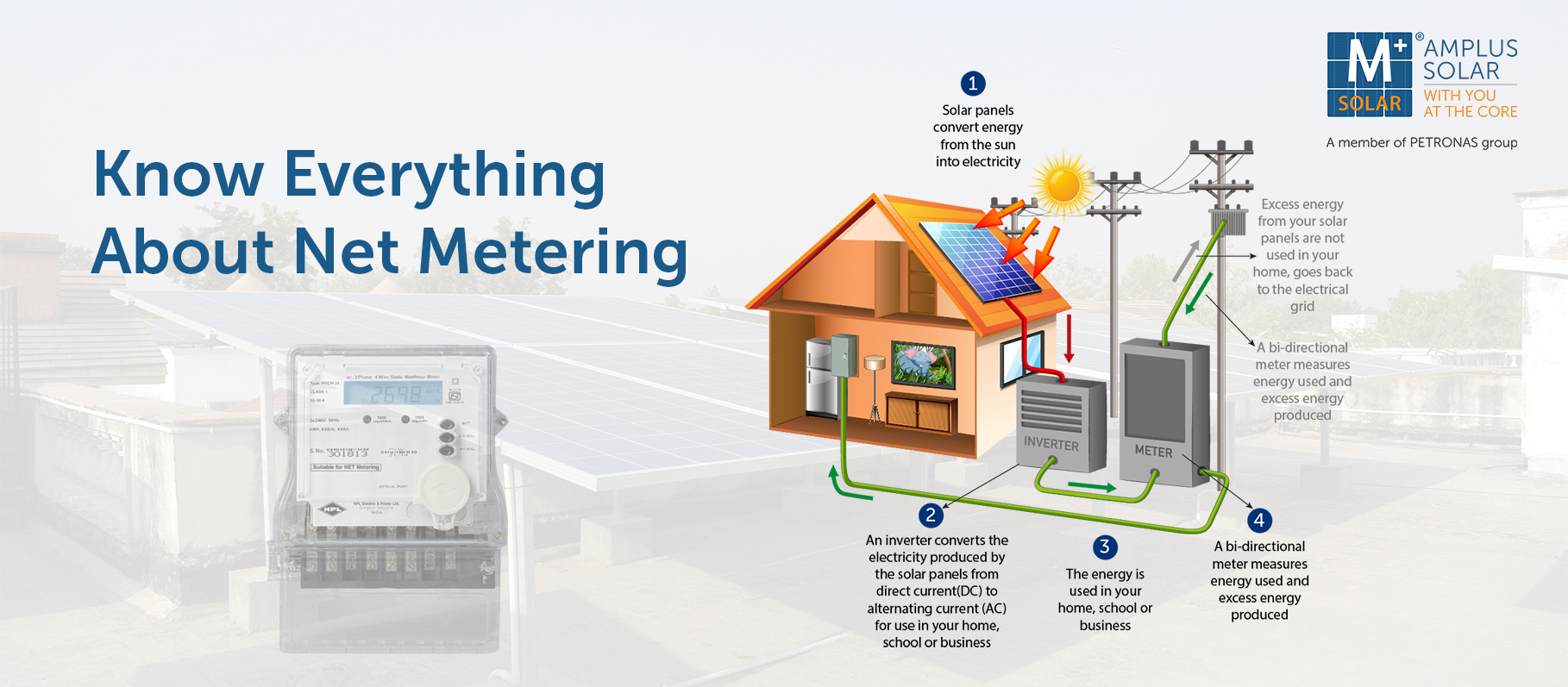 Net Metering: Know Everything About Net...
Net Metering: Know Everything About Net...  Solar Power Plant: Types, Benefits, Price,...
Solar Power Plant: Types, Benefits, Price,...  How to Install Solar Panels at...
How to Install Solar Panels at...  How to Calculate Electrical Load for...
How to Calculate Electrical Load for...  Opex vs Capex Solar Model: What...
Opex vs Capex Solar Model: What...  Performance of Solar Panels in Different...
Performance of Solar Panels in Different...  Effect of Solar on Climate Change
Effect of Solar on Climate Change 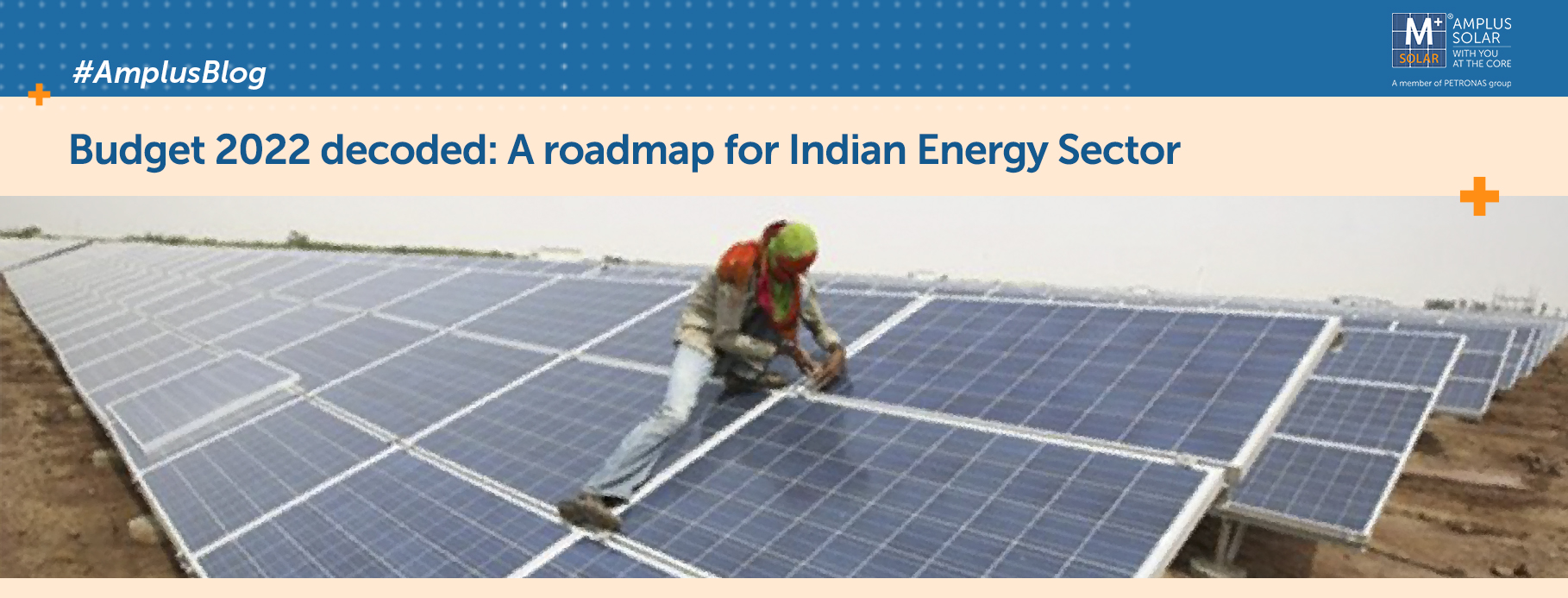 Budget 2022 decoded: A roadmap for...
Budget 2022 decoded: A roadmap for...  Top 5 Solar Farms in India...
Top 5 Solar Farms in India...  Energy Crisis in India and How...
Energy Crisis in India and How...  Importance of making the Switch to...
Importance of making the Switch to...  7 Advancements in Solar in 2021
7 Advancements in Solar in 2021  What The Future Holds For Solar...
What The Future Holds For Solar...  How to choose a Solar Power...
How to choose a Solar Power...  Evaluating the Revamping & Repowering opportunity...
Evaluating the Revamping & Repowering opportunity... 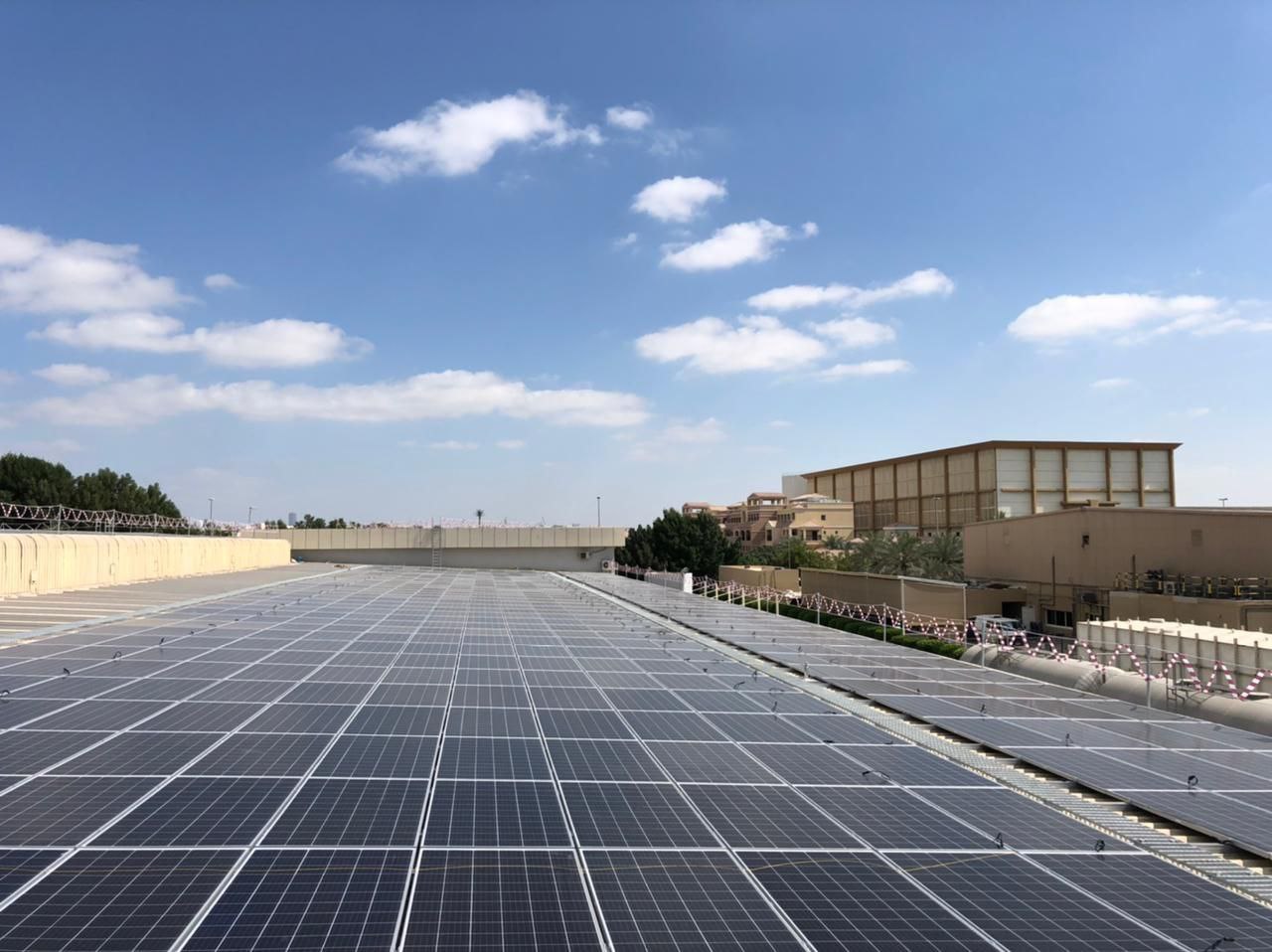 All You Need to Know about...
All You Need to Know about...  Choosing a Solar Contractor and Site...
Choosing a Solar Contractor and Site...  Benefits of Solar Power for Home
Benefits of Solar Power for Home 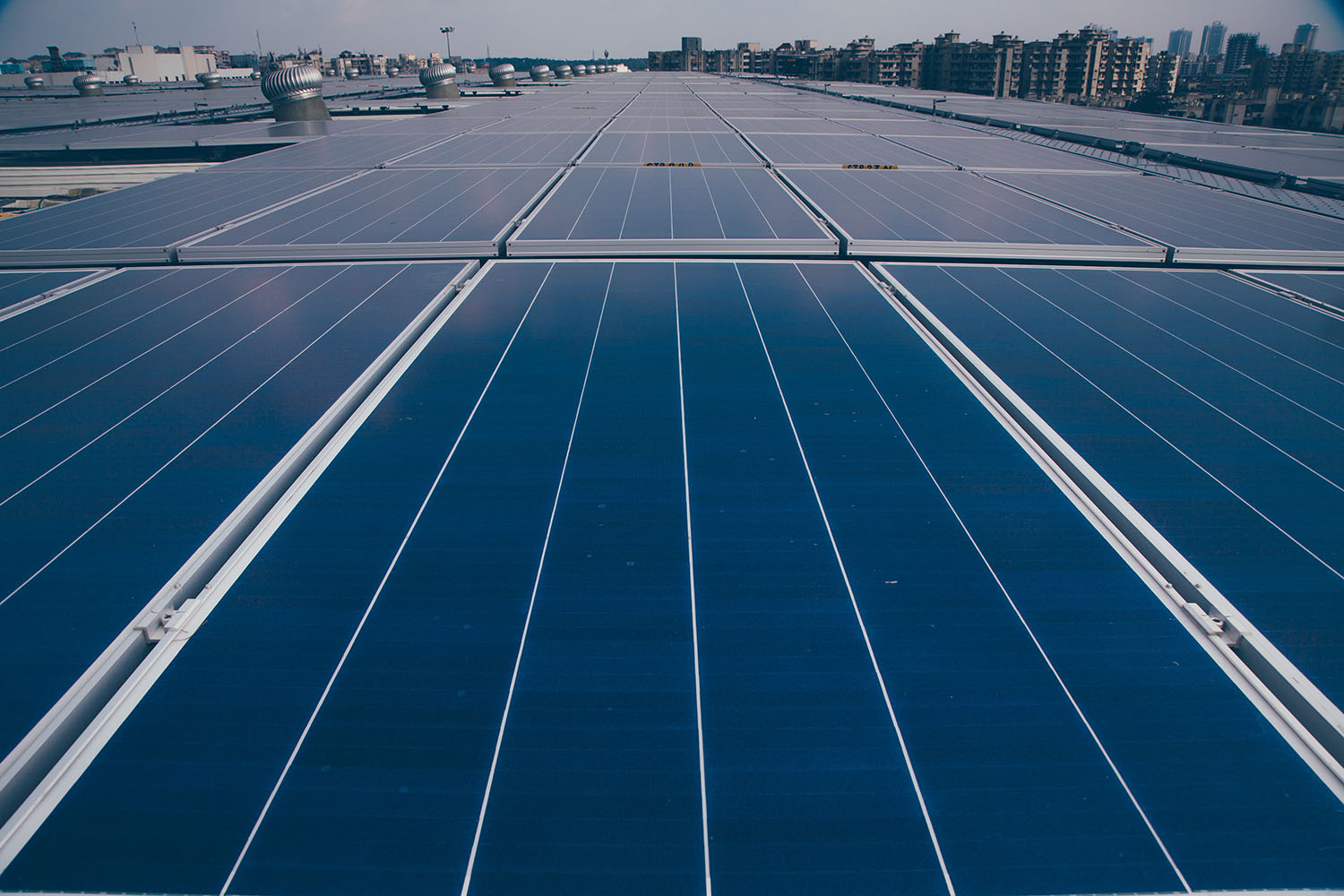 DECELERATING PV MODULE PRICES MAY START...
DECELERATING PV MODULE PRICES MAY START... 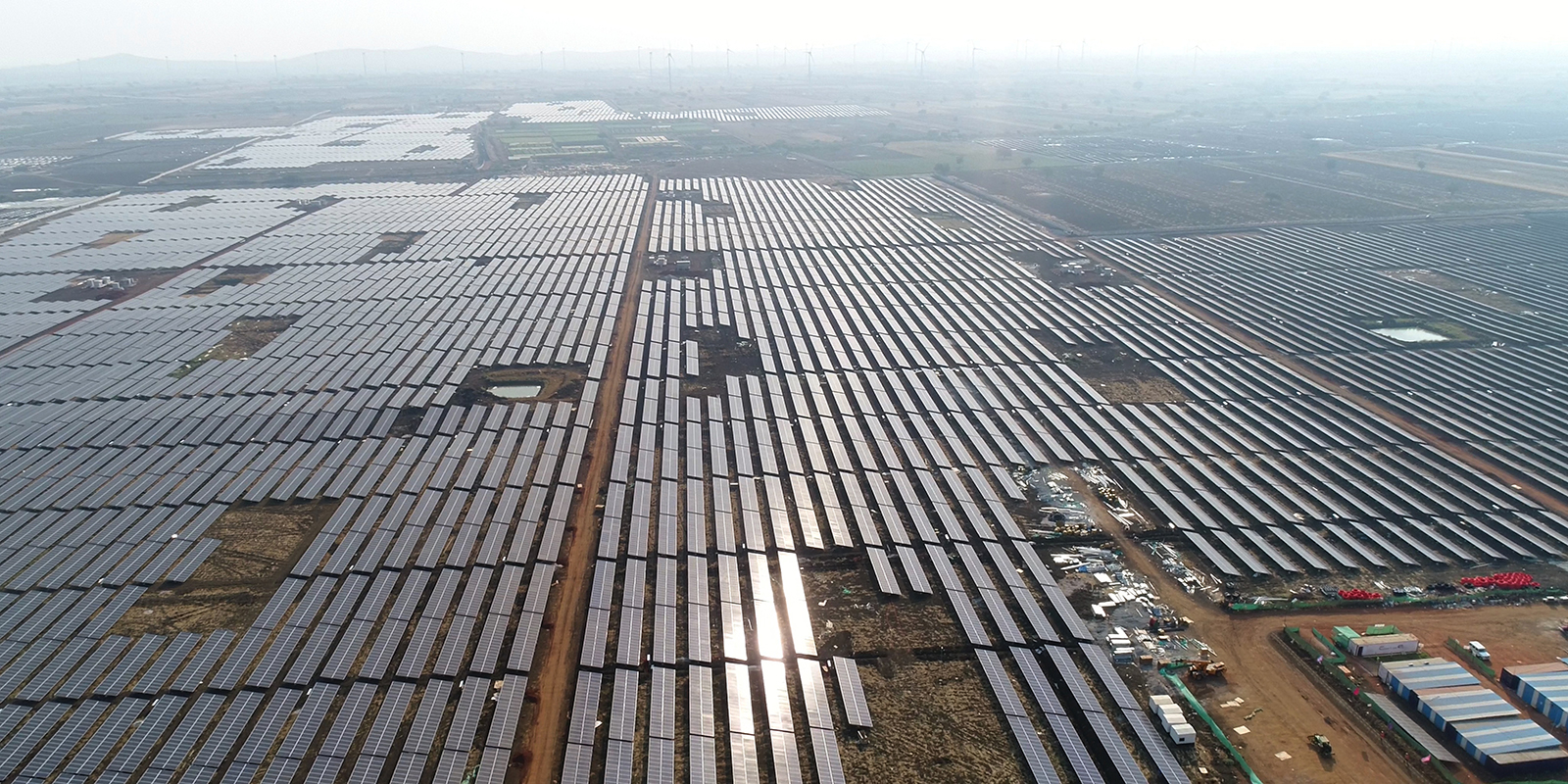 Contribution of Solar Energy in dealing...
Contribution of Solar Energy in dealing... 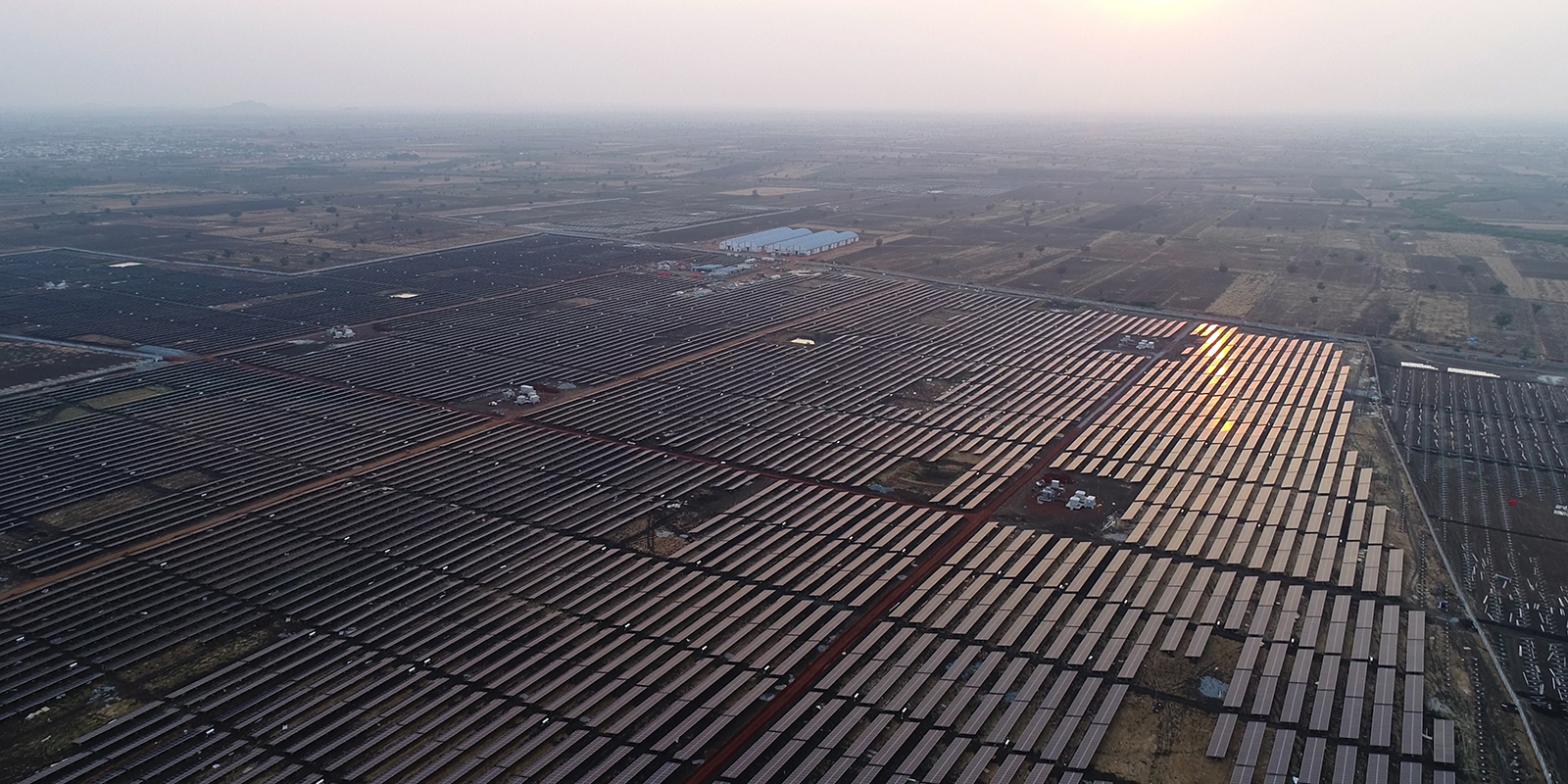 Increasing Role of Utility Service Providers...
Increasing Role of Utility Service Providers...  India’s Solar Developers Seek Reversal Of...
India’s Solar Developers Seek Reversal Of...  Is Solar Energy Low Maintenance?
Is Solar Energy Low Maintenance?  Solar Energy Policy in Gujarat
Solar Energy Policy in Gujarat 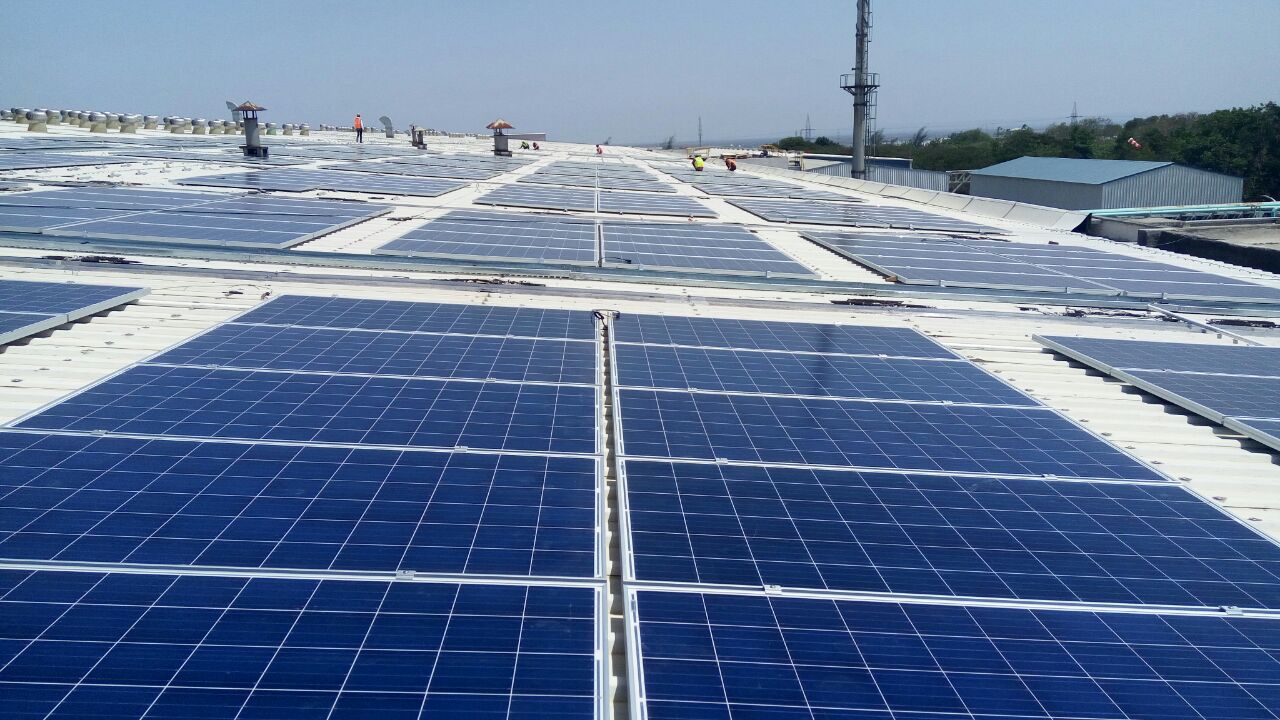 The Importance of Renewable Energy in...
The Importance of Renewable Energy in...  Blockchain in Electricity
Blockchain in Electricity  Narendra Modi’s India Facing Unique Solar...
Narendra Modi’s India Facing Unique Solar... 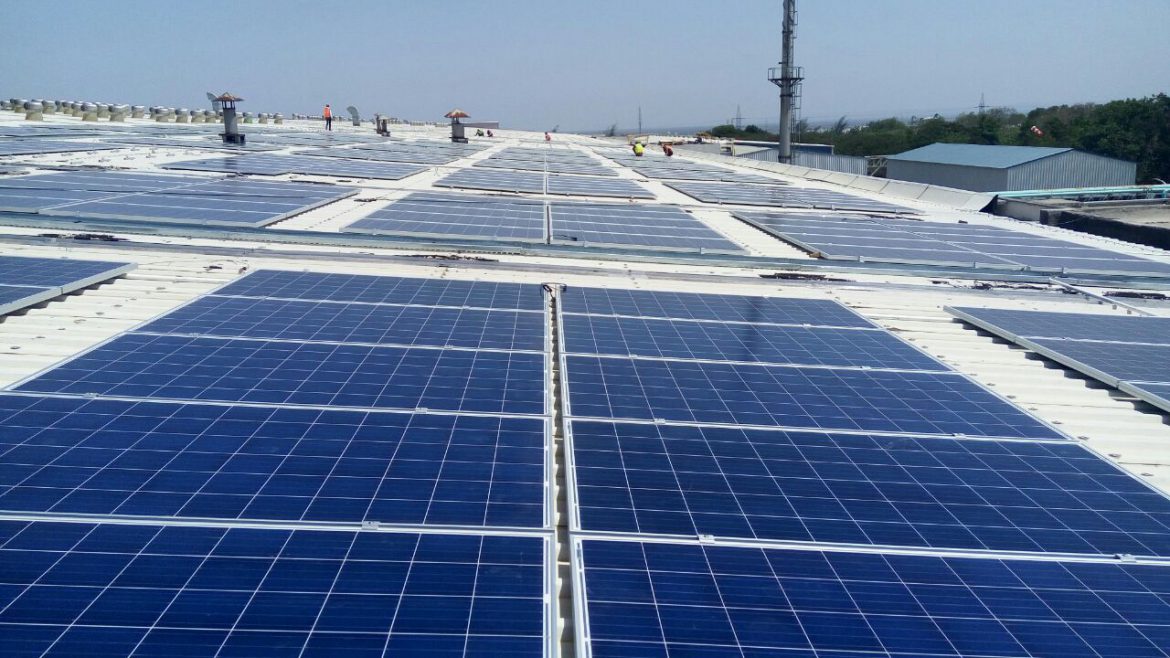 Changing Electricity Sector in India –...
Changing Electricity Sector in India –...  The Top Government Programes in the...
The Top Government Programes in the... 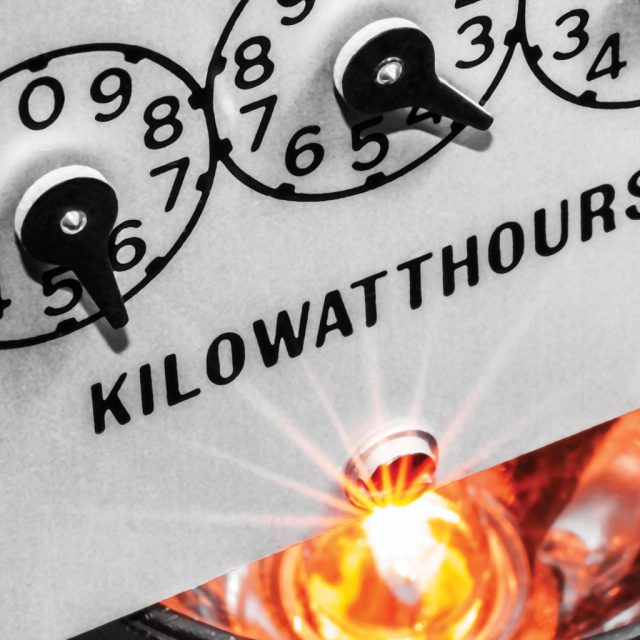 Challenges in Net-Metering
Challenges in Net-Metering  What are the Solar Schemes in...
What are the Solar Schemes in...  The Top 10 Solar Power Companies...
The Top 10 Solar Power Companies...  Grid of the Future
Grid of the Future  Global Commitment to RE-100
Global Commitment to RE-100  Pay-As-You-Go Solar Energy Companies Spread Light...
Pay-As-You-Go Solar Energy Companies Spread Light...  Everything About Paris Cimate Agreement
Everything About Paris Cimate Agreement  Solar Energy: Myths and Truths
Solar Energy: Myths and Truths  What to ask yourself before installing...
What to ask yourself before installing...  How Energy Efficiences are needed today
How Energy Efficiences are needed today  Top 5 Solar Energy Trends in...
Top 5 Solar Energy Trends in... 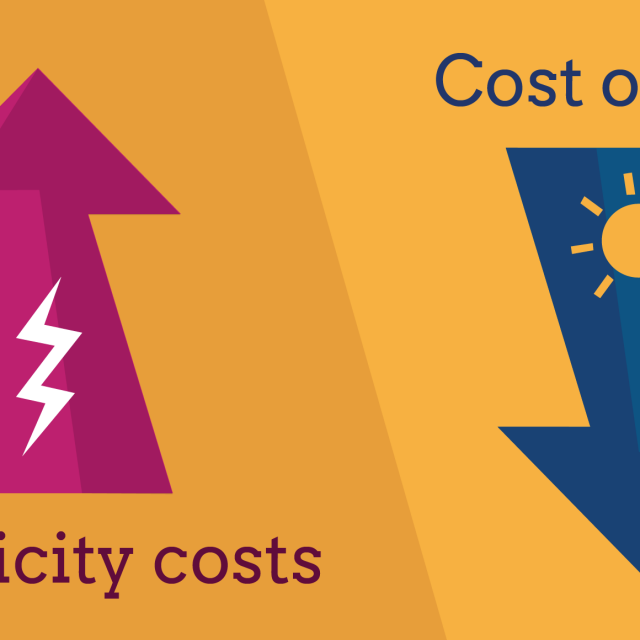 Why are Solar Tariffs going down...
Why are Solar Tariffs going down... 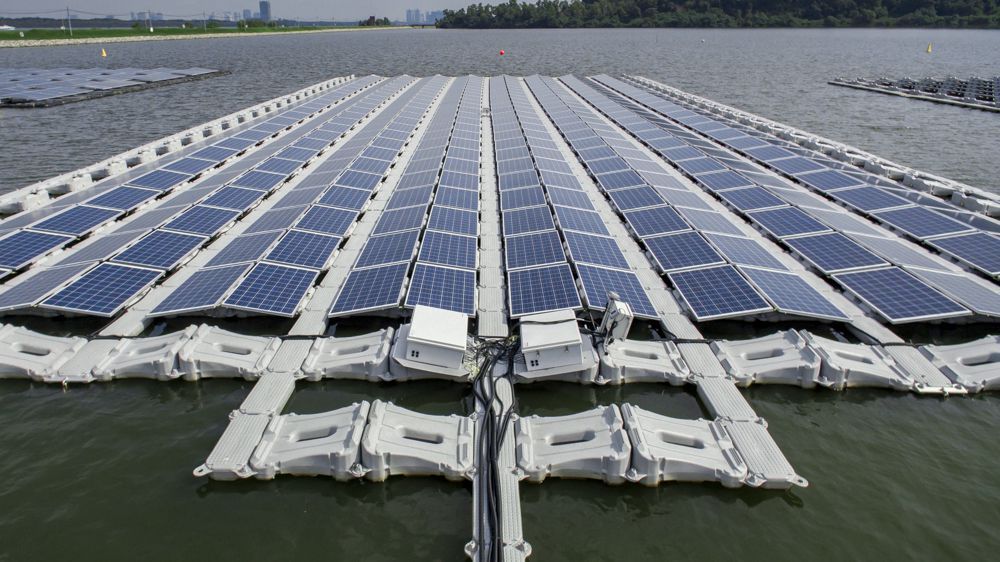 How China is Leading the World...
How China is Leading the World... 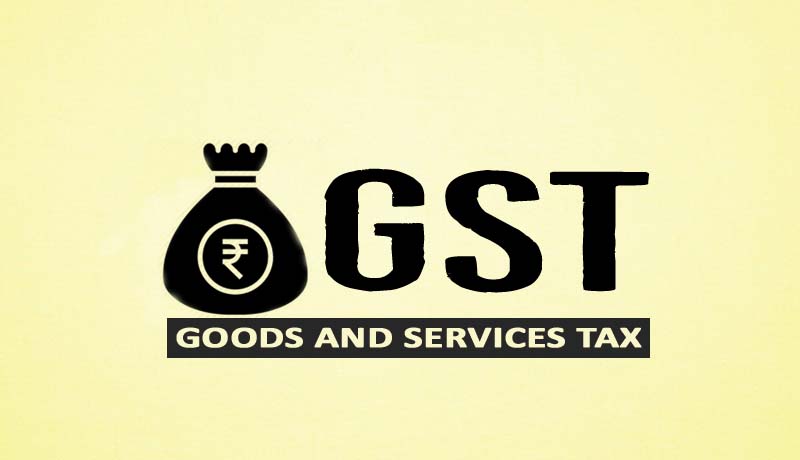 GST- A boon or a bane...
GST- A boon or a bane... 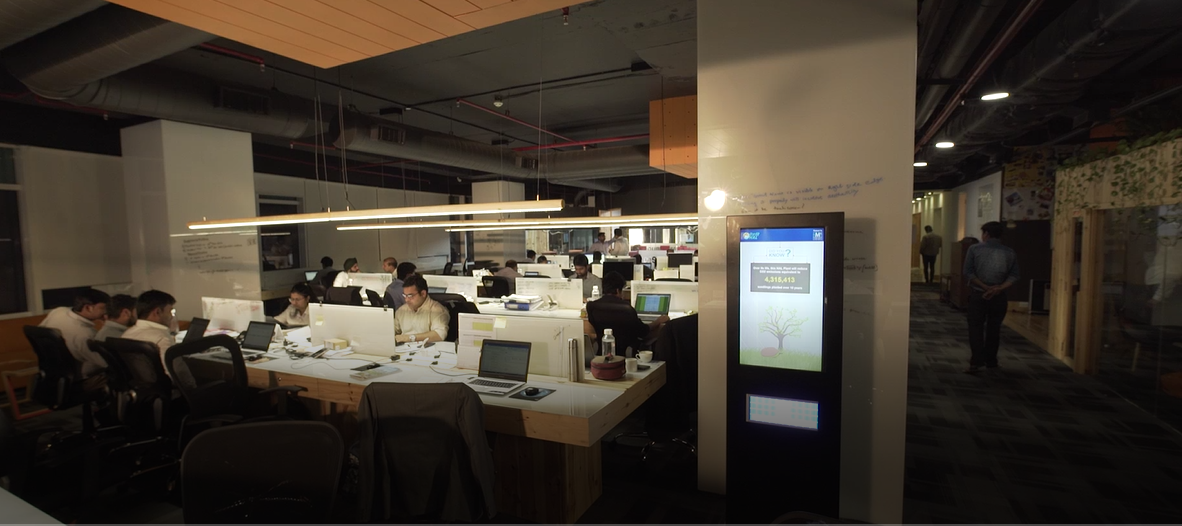 10 Ways to Make Your Organization...
10 Ways to Make Your Organization... 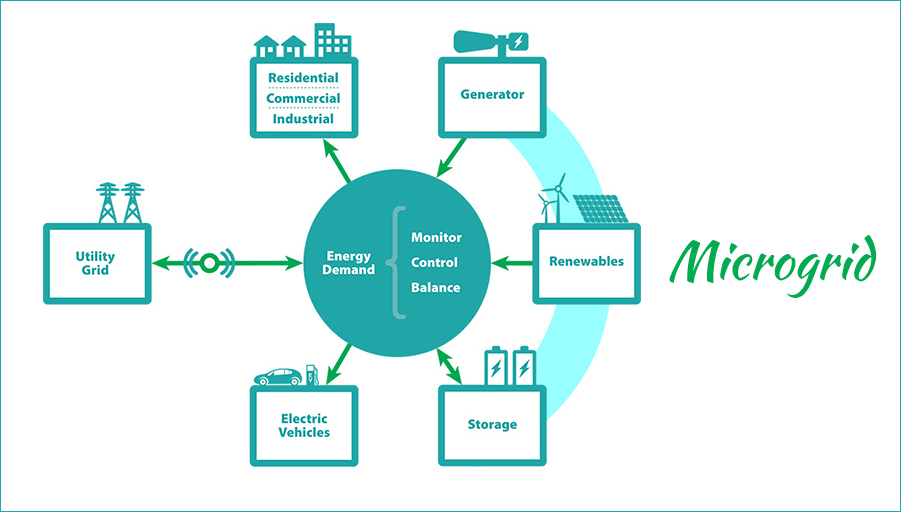 Microgrids- The future?
Microgrids- The future?  3 Pillars of Solar Asset Management-...
3 Pillars of Solar Asset Management-...  Amplus Solar: Growing Greener
Amplus Solar: Growing Greener 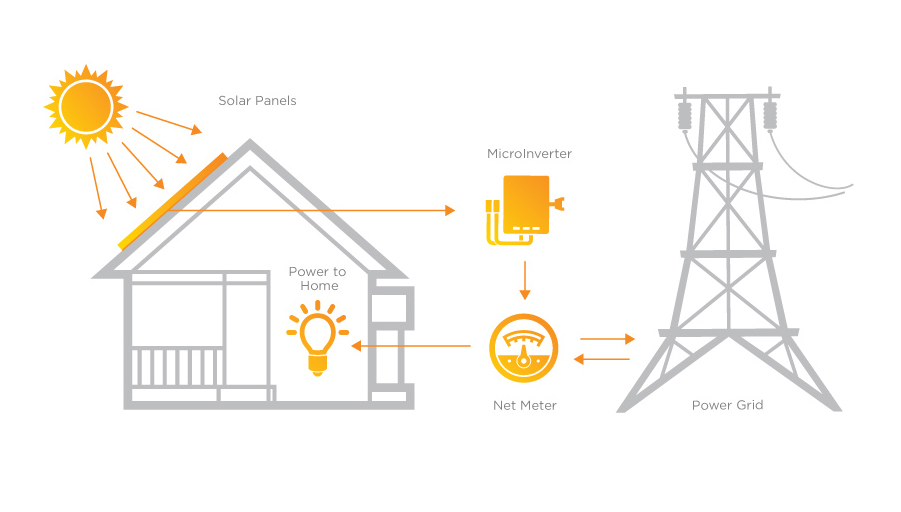 Net Metering: A Boon or a...
Net Metering: A Boon or a...  Amplus Solar, Lighting Your Lives
Amplus Solar, Lighting Your Lives  Why Would You Want to Use...
Why Would You Want to Use... 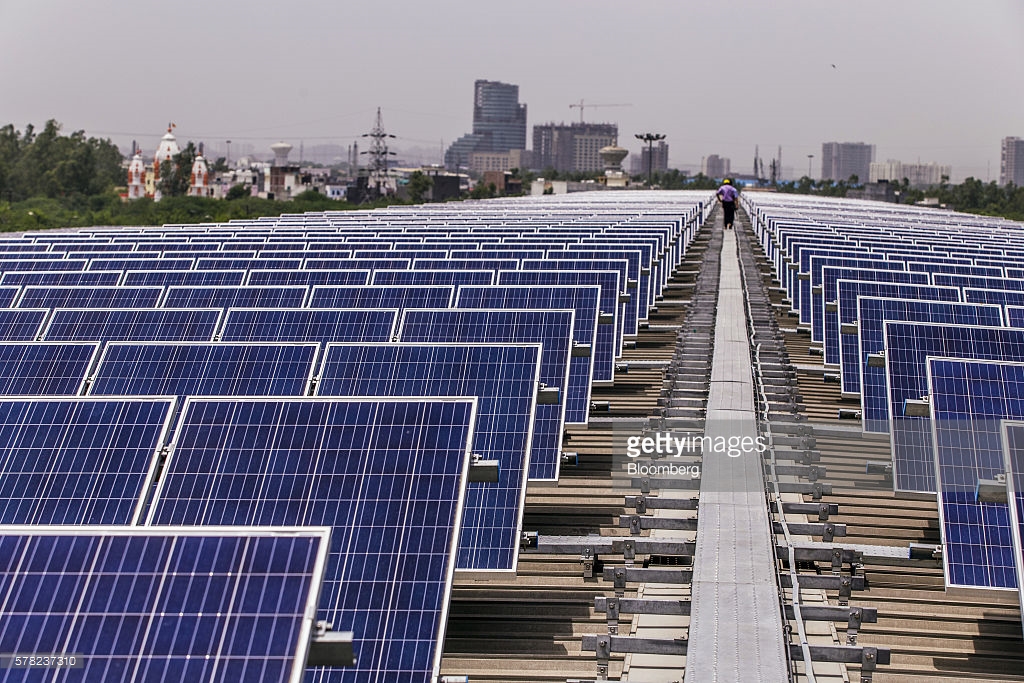 Your Own Solar Plant at Zero...
Your Own Solar Plant at Zero...  Solar Energy: The Key to Unlimited...
Solar Energy: The Key to Unlimited...  What is On-Grid Solar?
What is On-Grid Solar?  Top Builders Rush to Install Solar...
Top Builders Rush to Install Solar...
Leave a Comment